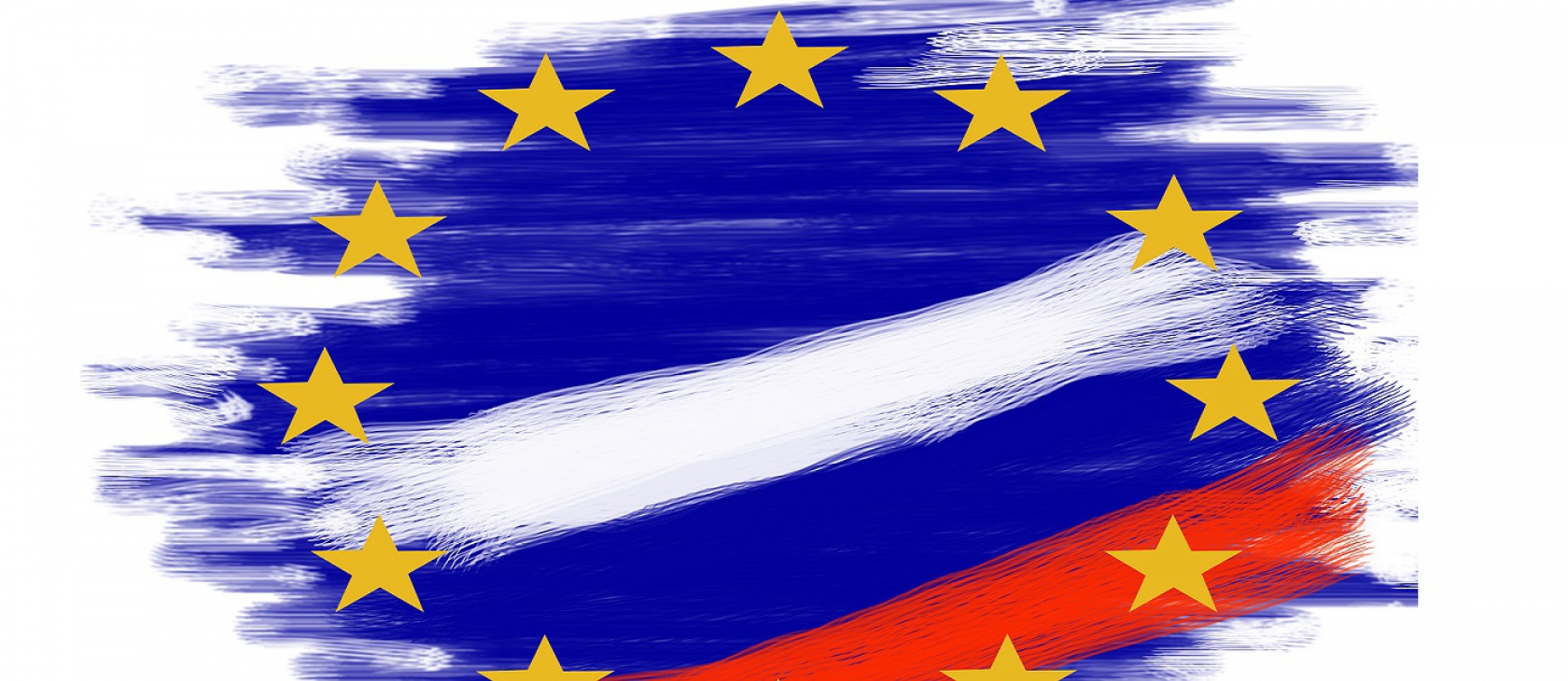“I am not opposed to the introduction of the euro in Poland,” said Matuesz Morawiecki, the prime minister of Poland, last October, shortly before taking that office. It was a shocking stance for a head of state who clearly distances himself from pan-European structures. It’s surprising even if followed by the disclaimer that his country is “not yet” ready to adopt the EU’s common currency. Obviously, it’s not possible to draw conclusions about the government’s policy on the new currency from that stray statement. However, it is important to analyze what is happening, why it is happening, and the morality of the economic reality unfolding before us.
The Poles are not keen on the euro
Donald Tusk, the prime minister of Poland from 2007 to 2014, a year into his taking the post, proclaimed that Poland would enter the eurozone in 2011. However, he did not foresee the economic crisis which Poland avoided, among other reasons, due to its monetary independence. This was when public opinion about entering the eurozone shifted.
Adoption of the common euro currency should be understood first and foremost as politics, and only then as economics.
Distrust of Frankfurt enjoys a broad national consensus. Keeping the national currency was one of the main elements of the winning presidential campaign of Andrzej Duda, the candidate of Poland’s ruling Law and Justice Party (PiS). A 2017 poll conducted by CBOS asked Poles about replacing the national currency – the zloty – with the euro. Six percent of respondents “definitely” favored it, and only 22 percent favored the position at all. More than two-thirds were opposed – 45 percent “definitely against” it. That’s a reversal from 2002, when 64 percent of Poles wanted to adopt the euro.
The obvious reason for the change of heart is the economic crisis and the realization that entering the eurozone does not guarantee economic prosperity. The examples of neighboring countries act as a warning. Prices went up after Slovakia and Lithuania adopted the euro. The positive effects of a common currency, like the reduction of the foreign exchange risk and debt service, are not as tangible as more expensive products on store shelves.
Poland is obligated to adopt the euro, but, like Sweden, it can postpone the decision for as long as it pleases. And this is exactly what’s happening.
Brussels or the Bear?
The euro is primarily a political project aiming at encouraging the alignment, and integration, of national governments. The Baltic states are a great example of this. Until recently Lithuania, Latvia, and Estonia used their own local currencies, which were inherently prone to speculative attacks because they operate in small markets. Russia still can’t get over the loss of the Baltic countries, and their membership in the EU and NATO is a thorn in its side. These circumstances demanded they create a strong bond with the West.
Adoption of the common euro currency should be understood first and foremost as politics, and only then as economics.
It is true that the euro has beneficial aspects, but it poses a risk to smaller economies. While fulfilling its mission of maintaining price stability, the European Central Bank is bound to give greater consideration to the largest members’ economies: Germany, France, and Italy. The politics of the ECB will be mostly concerned with these countries, not a result of holding any grudges against the Eastern states, but as an attempt to protect the largest possible area.
Monetary policy that allows some states to go into debt and makes other countries pay for it is hardly moral.
The aforementioned Slovakia is a perfect example of how EU political power harms smaller economies. It entered the eurozone during the crisis, in 2009. But its boom-and-bust cycle was not synchronized with that of its fellow eurozone states, due to its uniquely structured GDP: a larger share of agriculture and industry and a smaller service sector. Frankly, it is naïve to assume that the European Central Bank will be concerned about a member state whose GDP constitutes about one percent of the eurozone’s GDP.
The euro area and morality
Every economic policy involves the need to make certain moral choices. Surely, we can think of economics as the value-free science postulated by Ludwig von Mises, but in political practice, economic decisions are – and always will be – based on prevailing morality.
Monetary policy that allows some states to go into debt and makes other countries pay for it is hardly moral. Sacrificing the economic interests of smaller states in order to save the club’s larger shareholders is morally dubious, as well. The eurozone, whose aim was supposed to be enhancing the process of harmonization of the whole continent, mostly generates controversies and tension between states. Taking the risk of entering the euro area when no member has yet exited could be seen as irresponsible.
Where do we stand?
Currencies are only tools. They cannot be considered inherently good or evil. What can be evaluated in these terms are the intentions of people who make decisions concerning them.
The stray comment from Morawiecki should be understood more as an attempt to raise Poland’s reputation in the eyes of the West. Poland will not adopt the euro soon. The Poles wish to keep their national currency, because it offers greater independence in shaping their own policies. This is a noble intention.
People of faith should ask if European monetary policy – which, in some circumstances, may upend the well-being of whole nations – is ethical, and whether the eurozone does not pose a danger to some member states. We should also ask if Frankfurt desires more than economic cooperation. If the euro is only a lure to adopt the political dimensions of supranational governance demanded by an “ever-closer union” in the EU, then it’s no good.
Unfortunately, one cannot buy political integration, peace, and obedience – not even paying with the euro.




